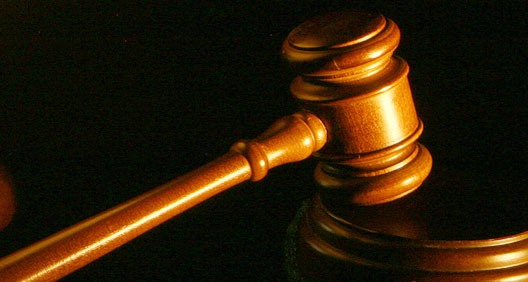Schedule a Consultation
Citizen Tips Leading to DWI Arrests in Texas

In this post, we’ll discuss an interesting area of 4th Amendment law and how we were able to secure a dismissal for an undocumented client charged with DWI and facing the specter of a .168 blood test result, not to mention a video of him performing terribly on field sobriety tests.
Private citizens have seemingly joined forces with local police departments in combatting DWI cases. While many civilians fear becoming a witness in a potential criminal case, many others have no qualms about it and will readily attempt to assist the police in stopping what they believe to be an intoxicated driver. A motorist may notice unusual driving patterns, call in to 911 to report it, and then continue to follow the person until the police intervene. Sometimes the police see the alleged driving once they make the scene. In that scenario, there is no doubt that a traffic stop is legal and warranted. But what happens when the police arrive and observe no traffic infractions that would warrant a traffic stop? Can they rely on the information the citizen reported to justify the traffic stop in order to investigate?
The Court of Criminal Appeals of Texas addressed this issue in Derichsweiler v. State, 348 S.W.3d 906 (Tex. Crim. App. 2011). To justify an investigative detention (traffic stop), the officer must be able to articulate specific facts that, in his experience and personal knowledge, would warrant a reasonable officer in believing that a crime is taking place or has taken place. While the standard is lower than probable cause to make an arrest, it still requires reliable information and cannot be based on a mere hunch or guess. In Derischsweiler, the Court decided that, because the citizen-informant identified themselves by name to the 911 dispatcher and remained answerable for the report, the tip was sufficiently reliable and credible. Therefore, the police could rely upon the citizen’s impressions for developing their reasonable suspicion to make a traffic stop. Note that an anonymous tip, alone, is generally not sufficiently reliable or credible enough for the police to rely on. If, however, the anonymous tip is combined with other corroborating facts and circumstances, then the tip could be considered sufficiently reliable for the police to act upon it. State v. Garcia, 25 S.W.3d 908 (Tex. App. – Houston [14 Dist.] 2000).
Turning to our client’s case: a group of four individuals flagged down a police officer to inform him that they had seen someone passed out behind the wheel at a red light a few blocks down. Moments later, our client drove by and the witnesses pointed him out as the person they had seen slumped over behind the wheel. Before the officer could take down their names and contact information, the officer jumped into his car to pull our client over. The officer himself did not see any traffic infractions. He relied solely on the information provided by the witnesses in making the stop. The four witnesses did not remain at the scene or follow up with the officer. After our client performed badly on field sobriety tests and refused to give a blood specimen, a warrant was obtained, eventually leading to a reported blood alcohol concentration of .168 – more than twice the legal limit.
We filed a motion to suppress all the evidence seized in the case due to my client’s 4th Amendment rights being violated. Without the need for a hearing before the judge, the DA’s office, ultimately, agreed, filing a dismissal in the case. What turned out to be an anonymous tip was not sufficiently corroborated or reliable to stand on its own. Without valid reasonable suspicion for the initial investigative detention, all the evidence obtained was suppressed as “fruit of the poisonous tree” under the 4th Amendment to the United State Constitution, Article I, Section 9 of the Texas Constitution, and Article 38.23 of the Texas Code of Criminal Procedure.
Often, an accused defendant can feel their case is a lost cause and that hiring an excellent criminal attorney won’t improve the situation. Not every attorney can find every angle in a case. This is why it’s of the upmost importance to hire an attorney that enjoys policing the police. Don’t let the police trample over your 4th Amendment rights. Call or text 281-300-8695 for a free case evaluation.




